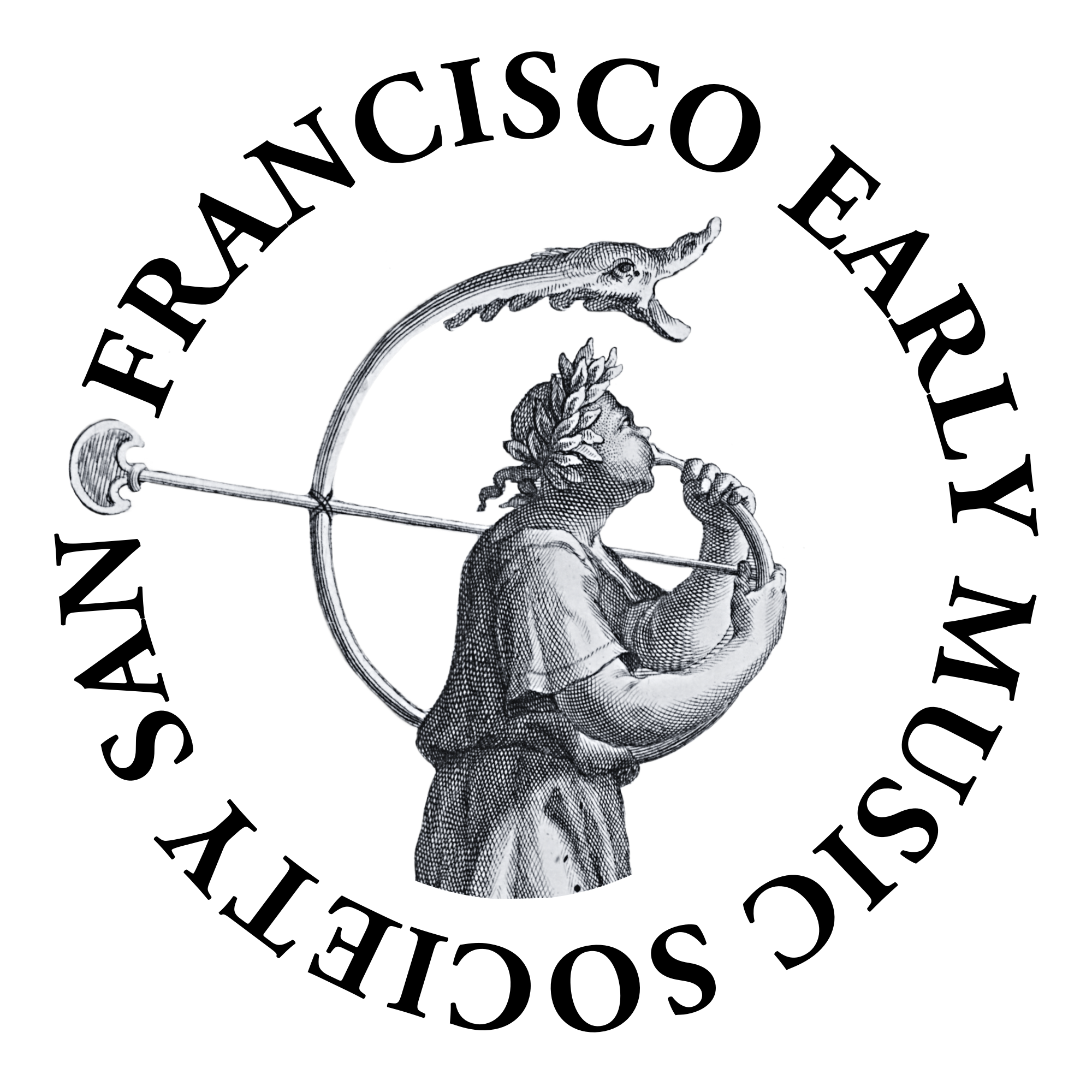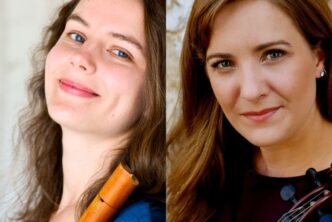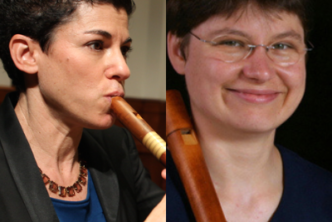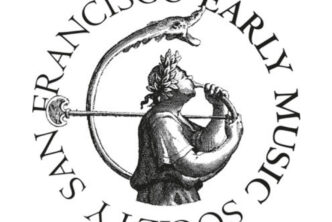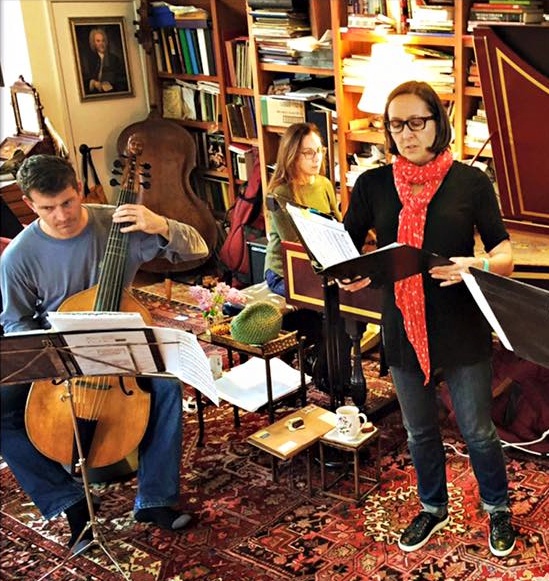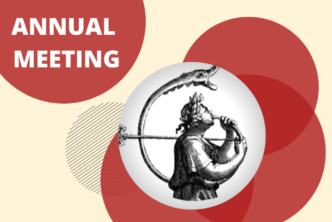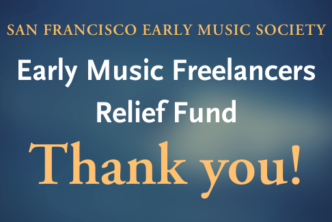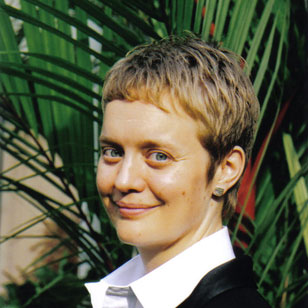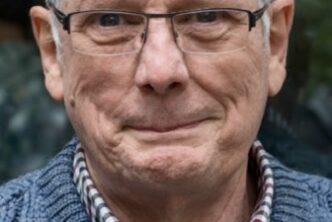Whether you feel more inclined to balance on your toes or kick up your heels, the first two weekends of 2018 promise not one, but two, intriguing workshops on historical dance.
On Sunday, January 7, Catherine Turocy, the nation’s foremost baroque dance expert and founder of New York Baroque Dance Company, will take participants “Bach in Time” to dance to the music of J.S. Bach, accompanied by a violinist, harpsichordist, and cellist from Philharmonia Baroque Orchestra and Chorale.
In Bach’s time, musicians and their audiences would have been familiar with dances that comprised the 18th-century French dance suite. (Bach himself knew at least three former dance masters of King Louis XIV of France!) Today’s musicians find that the more they learn about baroque dance, the more easily they can interpret music that was based on baroque dance forms—including many of J.S. Bach’s compositions. The meter and quality of a dance can inform the modern player’s decisions about tempo, articulation, phrasing, bowings, and ornamentation.
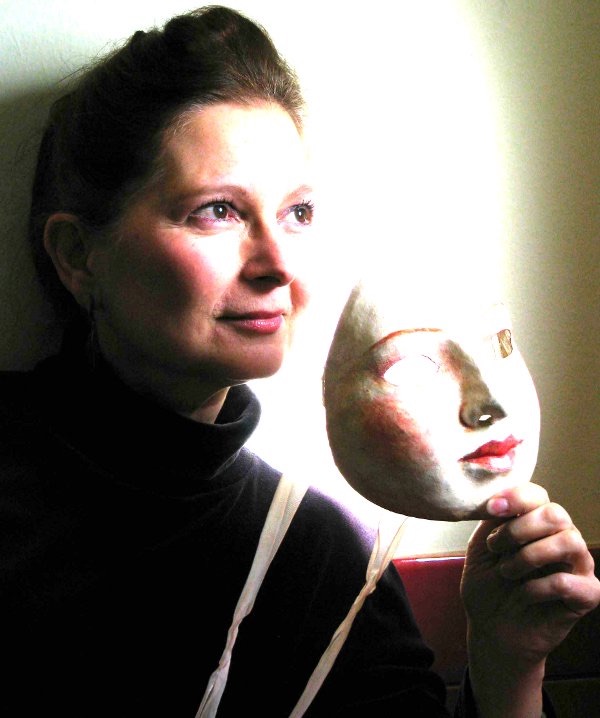 Catherine Turocy is recognized as one of today’s leading experts in 17th- and 18th-century period dance performance and has participated in over 60 operas. A founding member of the Society for Dance History Scholars, Ms. Turocy has lectured on period performance practices around the world. She was one of the founders and is the Artistic Director of The New York Baroque Dance Company, which performs professional productions, instructs professionals, and offers residencies at educational institutions serving grades k-12 and at the university level. Ms. Turocy is currently on faculty at the Juilliard School in the Historical Performance Program. She is often a guest teacher at the Early Music Institute at Indiana University, Oberlin College, Curtis Institute of Music, and Case Western Reserve. The French Republic decorated her as a “Chevalier in the Order of Arts and Letters.”
Catherine Turocy is recognized as one of today’s leading experts in 17th- and 18th-century period dance performance and has participated in over 60 operas. A founding member of the Society for Dance History Scholars, Ms. Turocy has lectured on period performance practices around the world. She was one of the founders and is the Artistic Director of The New York Baroque Dance Company, which performs professional productions, instructs professionals, and offers residencies at educational institutions serving grades k-12 and at the university level. Ms. Turocy is currently on faculty at the Juilliard School in the Historical Performance Program. She is often a guest teacher at the Early Music Institute at Indiana University, Oberlin College, Curtis Institute of Music, and Case Western Reserve. The French Republic decorated her as a “Chevalier in the Order of Arts and Letters.”
Early music enthusiasts are warmly invited to participate in this workshop about dances that inspired Bach’s music, performed on instruments from Bach’s time. No previous dance experience is required. Dancing is not mandatory, but if you would like to dance, please wear comfortable clothing and dancing shoes (if you have them). Powdered wigs are not necessary.
This public workshop will take place from 2:30 to 4:00 p.m. at Crowden Community Music Center’s Hofer Auditorium, 1475 Rose Street (at Sacramento, just a few blocks north the North Berkeley Bart Station). A $10 donation for adults is suggested; however, no one will be turned away for lack of funds. Students may attend free of charge. If you have questions, please mail PBO’s Director of Education Lisa Grodin, lgrodin@philharmonia.org
The following weekend offers a chance to go even further back in time, to Renaissance Spain, with a two-part introduction to Spanish dance, led by Maria Tomillo. The first half, scheduled for Saturday, January 13, from 12:30 to 3:30 p.m., will work from the Manuscrito Toscano; the second part, on Sunday, January 14, from 12:00 noon to 3:00 p.m., will explore the work of Juan de Esquivel. No previous dance background is needed
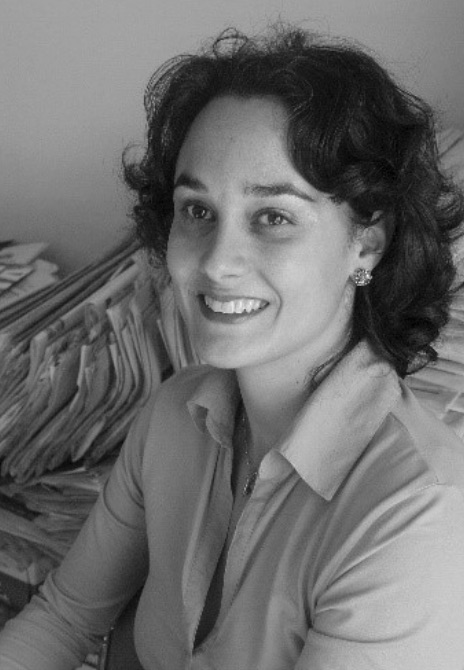 Workshop leader Maria Tomillo is a professional dance teacher and choreographer who trained with Mariemma, one of the most famous Spanish dancers of the 20th Century. She graduated Magna Cum Laude with a Master’s degree in dance and music of the 15th and 16th centuries from the University of Valladolid (Spain). Professionally, Maria has danced with a variety of Renaissance dance companies, whose projects focused on diverse cultural aspects of Spain’s history relating to dance, music, drama, and even gastronomy.
Workshop leader Maria Tomillo is a professional dance teacher and choreographer who trained with Mariemma, one of the most famous Spanish dancers of the 20th Century. She graduated Magna Cum Laude with a Master’s degree in dance and music of the 15th and 16th centuries from the University of Valladolid (Spain). Professionally, Maria has danced with a variety of Renaissance dance companies, whose projects focused on diverse cultural aspects of Spain’s history relating to dance, music, drama, and even gastronomy.
Always looking to expand her knowledge she has always actively attended historical dance workshops and festivals. Some of the renown personalities at these events included Lieven Baert, Deda Cristina Colonna, and Veronique Daniels. Other highly regarded dance professionals and researchers included Bruna Gondoni, Cecilia Gracio Moura, Marina Nordera, Maria Jose Ruiz Mayordomo, Barbara Sparti and Lucio Paolo Testi. Maria also founded and was director of DyD, Dance and Diversity, a company focused on the development and artistic growth of students with special needs (www.companiadyd.blogspot). She was on the dance faculty of the Dance School of Valladolid, where in addition to directing the DyD program she taught ballet, historical dance and all four types of Spanish Dance. Now living in Temecula, California, she is involved with a variety of dance projects and is an independent Spanish teacher.
The workshop twill take place at Sunset Movement Arts, 1647 Taraval Street, (between 26th and 27th Avenues), in San Francisco. Students may attend one or both parts of this weekend workshop. The fee for each session is $60, when paid in advance, or $70 per session for drop-in attendees. The advance registration fee for students who take both sessions will be $100 (or $120 for drop-ins). A minimum of 10 students per session is necessary; no more than 18 students per session can be accepted. To register or for more information contact Stephanie Neira at 415-637-2416.

